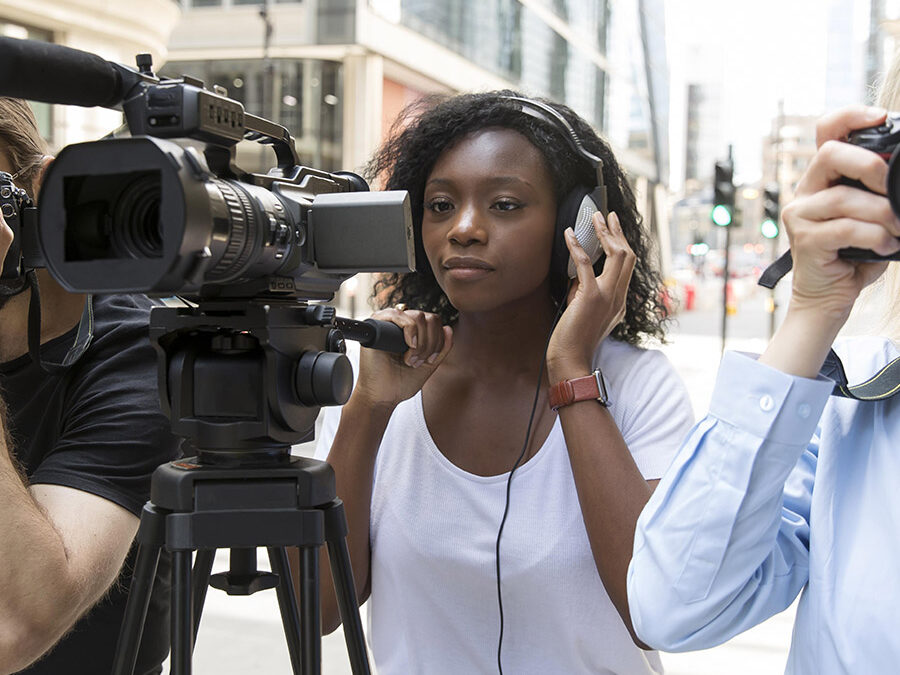There are many entities that broadcast music. Radio stations, television stations, bars, restaurants and even schools broadcast music or perform it live. Because the creator of a musical work gets a copyright for the work, people who want to broadcast a work or perform it live usually must have a license from the owner. There are some important exemptions. Music attorneys may advise their clients as to whether they need a license for what they want to do.
For example, a radio or television station typically pays the music owner for non-exclusive rights to the work. The cost of a radio station’s license depends on the size of its audience, the station’s revenues and how often the station plays the music. A music owner may ask for reports on when the station plays the work.
Even if a television station buys broadcasting rights to a musical work, the broadcasting rights alone may not cover the right to publish the song on a DVD. When a television show moves to DVD, the publishers of the television show may need to re-negotiate licensing for the music to appear on the DVD. It’s not uncommon for television shows to have to change their sound if music owners aren’t able to agree on terms for the music’s inclusion in a DVD release.
Excerpt from Becoming a Music Lawyer









